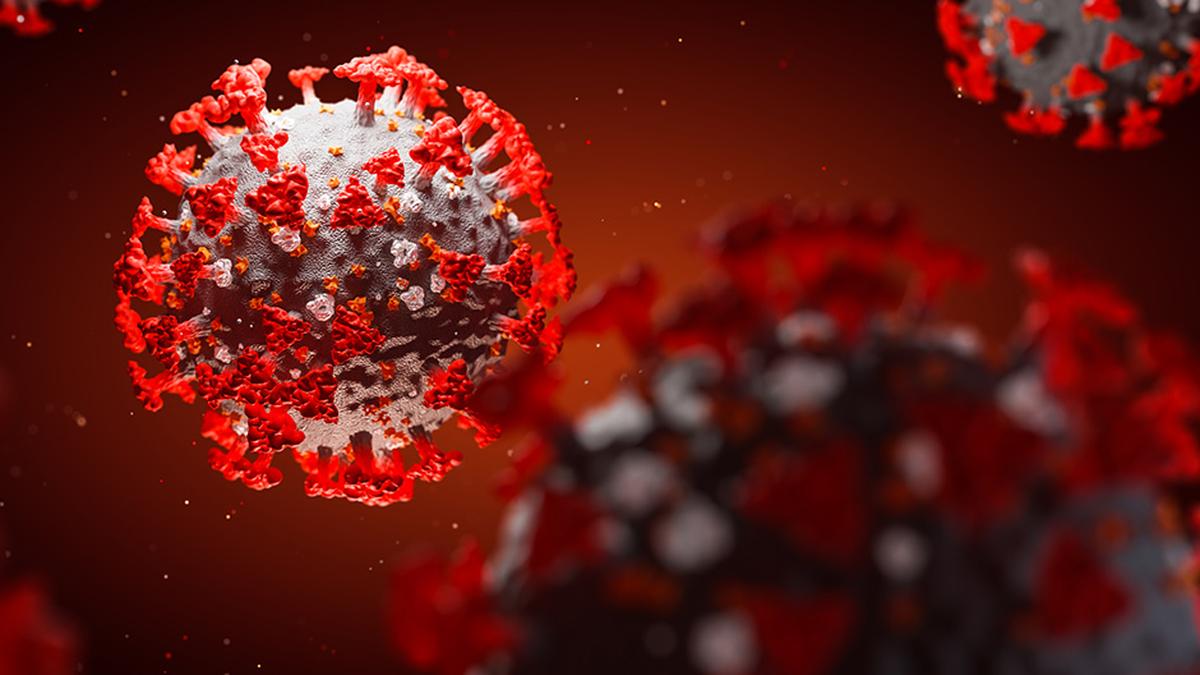Kids exposed to Zika in the womb show development delays Premium


Kids exposed to Zika in the womb show development delays Premium
As per a retrospective-prospective, matched cohort study published recently, exposure to Zika virus while still in the womb can lead to a greater risk for neurodevelopmental delay in early childhood even when children are born without any signs of congenital Zika syndrome (CZS). Compared with the control group, the risk of adverse outcomes in children exposed to the virus in utero was nearly three-fold higher. Also, the risk of motor and cognitive delay was significantly higher in exposed children. The results of the study were published recently in the journal Pediatrics.
Researchers enrolled 148 mother-infant pairs, which included 79 Zika-exposed during pregnancy and 69 pairs who were not exposed to the virus during pregnancy, which constituted the control group. Children were assessed at ages two through five. Among 146 children included in the study, 40 (27.4%) had at least one adverse outcome, including 30 of 77 (39.0%) in the exposed group and 10 of 69 (14.5%) in the control group. This would mean that children who were exposed to the virus in the womb had 2.7 times the risk of adverse outcomes compared with children who were not exposed to the virus in utero. “This suggests a high potential for adverse paediatric outcomes in children born to mothers with confirmed Zika virus infection,” the authors write.
According to the authors, recent studies have shown that Zika virus damages neural progenitor cells and the hippocampus, a region crucial for learning, memory, cognition, and emotional response. Studies also found that language function of children was one of the most affected, with about 35% of children evaluated showing language delays.
This study also found that the timing of maternal infection had a significant predictive risk factor. Children born to mothers who were infected during the first trimester had significantly higher risks of motor and cognitive delays than when mothers were infected during the third trimester. In the study, no significant associations were found when comparing second and third trimesters of infection for both early and long-term outcomes. “In 44% of pregnancies wherein maternal infection occurred in the first trimester, at least one adverse event was identified in the child, with 11.2-fold greater odds of adverse outcomes compared with children of mothers infected in the third trimester,” the authors write.
Though the study was conducted with participants who knew their Zika status in pregnancy through testing, according to estimates, nearly 80% of infected pregnant women show no symptoms. This complicates the identification of infected individuals. Considering the large percentage of asymptomatic infections during pregnancy, the authors say the findings of the study underlines the importance of considering these cases despite challenges in identification, especially when they do not show immediate symptoms. “Clinical manifestations in children can surface later, potentially leading to numerous undetected cases,” they write. “This underscores the complexities in identifying asymptomatic cases, which may result in underestimating the total number of cases.”
To highlight the challenges in identifying asymptomatic cases, they cite an example of a woman in the study who was infected three months before pregnancy but remained asymptomatic throughout her gestation. Her infection came to light only when the child showed clinical signs of in utero exposure. “This supports the hypothesis of prolonged viremia after the acute phase and the persistence of Zika virus in body compartments like semen,” they note.










